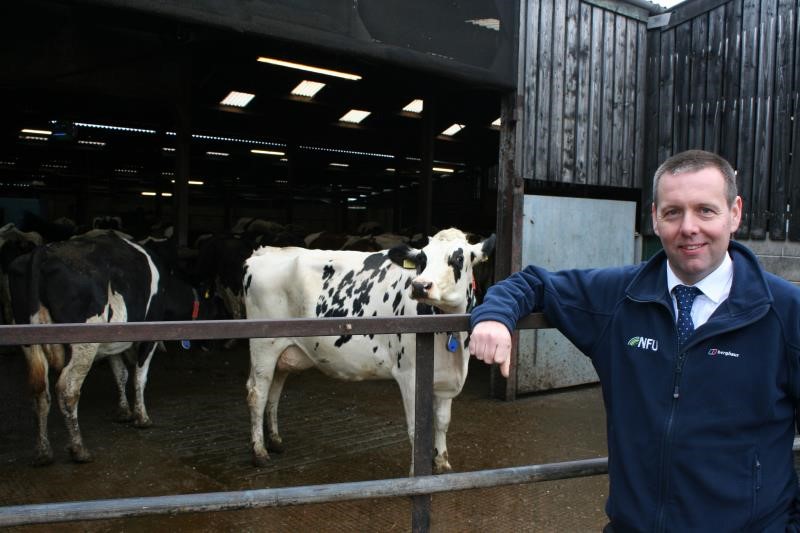By means of a recap, the Farming Rules for Water came into force in April 2018 and were aimed at protecting water quality from farming activities.
They consisted of a series of eight rules covering many aspects of land management including the storage, planning, and spreading of fertiliser and organic manures, measures to prevent soil erosion and run off and the positioning of livestock feeders.
Since 2018 the EA adopted an advice led approach and were of the view that the rules would not impact on farmers to any great degree as they expected most, if not all, would be compliant.
However, in recent months, one part of the regulation has come under focus.
Commonly known as rule one, this states that farmers must plan each application of manure or fertiliser to agricultural land so that it does not exceed the needs of the soil and crop on that land or give rise to a significant risk of agricultural diffuse pollution.
The issue was that the EA had previously indicated autumn applications of manure are likely to breach rule one unless the AHDB Nutrient Management Guide (RB209) says the receiving crop has an immediate nitrogen requirement, such as is the case with oilseed rape or some grassland.
This would effectively mean that spread of organic fertilisers, such as manures, slurries and biosolids are also likely to breach rule one when applied to many crops in the autumn.
Following extensive NFU lobbying, the EA published a regulatory position statement on spreading organic manures to agricultural land. 
NFU North West Environment Adviser Adam Briggs
Essentially, this says farmers can plan to exceed the (immediate) needs of the soil and crop, but they cannot cause a risk of pollution or exceed crop requirements through the current planned crop cycle.
Other caveats include not applying manures to sandy or shallow soils or applying at a rate that allows more than 5kg/ha of nitrate-nitrogen to be leached.
The regulatory position statement is only in place until 1 March 2022 unless the EA chooses to extend it.
From an NFU perspective we believe the regulatory position statement is a missed opportunity to provide clarity to farmers and sets an idealistic and impractical barrier in many farming situations.
We continue to lobby government on the issue and are encouraging members to write to their MPs to highlight the impact that this could have on them.
So, what are the implications for farmers in the North West?
Given the number of livestock and dairy farmers in the region, the loss of the ability to spread organic manures in the autumn will be of huge concern, as it will be for arable farmers in the region too.
Given the area of grassland we have, this may give many farmers across the region more scope to deal with the implications of rule one.
However, there will be those who are concerned about the implications of this rule.
In this circumstance the best course of action will be to look at how the current regulatory position statement may help.
Download the NFU Farming Rules for Water RPS Flowchart
We have produced a flowchart to help answer members' questions about the RPS and whether organic manures can be applied this autumn. Download it here: Farming Rules for Water EA RPS flowchart (you will need to log in).
How to log in: Use your membership number or the email address associated with your membership. If you've forgotten your password, use this form to reset it or contact NFU CallFirst on 0370 845 8458.?
The key thing to remember is that the rules are aimed at improving water quality, therefore the focus needs to be on making sure that you can demonstrate that you have taken all reasonable precautions to minimise risk of pollution.
The Environment Agency has said that they recognise that some farms will have difficulty in complying with the rules and they are willing to be flexible on a case-by-case basis.
Therefore, if you are concerned, it would also be worth talking to the EA proactively so they can work with you to minimise the pollution risk.
